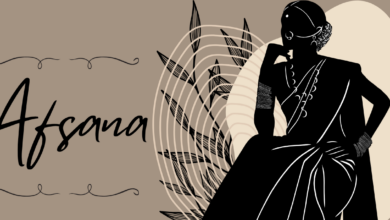Album Review: Lady Gaga’s “Chromatica”
After releasing a few underwhelming albums and launching her film career, "Chromatica" is Lady Gaga's triumphant return to the dance floor
 Interscope Records
Interscope RecordsAfter a long period of musical stagnation, Chromatica is Lady Gaga’s triumphant return to the dance floor. The album combines strong production with profound songwriting, coming together to create Gaga’s best music in years.
Since the release of the overly experimental and underwhelming album Artpop (which Gaga herself appears to regret), Lady Gaga’s music has largely faltered. To be fair, the last few years saw her successfully advance her acting career, but it’s difficult to argue that her non-electropop albums after 2013 (Cheek to Cheek and Joanne), were the same quality as the ones that preceded them. With their stripped-down production and vocals, the albums instead feel like attempts to find herself beyond the extravagant fashion statements and performances that she had become known for. Even though she accomplished some of her most personal songwriting through this process, these albums left fans wanting more.
With Chromatica, Lady Gaga exceeds expectations, giving listeners the music they’ve been craving for years. Inspired heavily by ‘90s house music, the album sees Gaga dive back into her electronic pop roots, producing numerous tracks which will no doubt be dance floor staples once clubs reopen. This is in large part due to the album’s outstanding production team, led by longtime Lady Gaga contributor BloodPop, whose influence is consistent throughout the album.
Chromatica, however, goes beyond simply being a great dance album. Gaga’s lyrics explore themes like self-doubt and trauma, adding considerable depth to numerous songs on the album. Through her lyrics, Gaga traverses antipsychotic use on the upbeat “911,” relives trauma on the disco-meets-house “Replay,” and talks about healing from sexual assault on “Free Woman.” Overall, these tracks come together to form Gaga’s most personal and intimate album yet.
Alongside these more serious themes, Chromatica often addresses love in ways that feel poignant to our current period of self-isolation. Both the lead single “Stupid Love” and stand-out track “Engima” feature lyrics about a deep desire to love and be with others that feel particularly resonant given our self-isolation.
Yet, what ties Chromatica together is Gaga’s focus on overcoming loneliness, trauma, and everything else that is thrown your way. The Ariana Grande-infused “Rain On Me” best demonstrates this, featuring both strong production and lyrics. When Gaga and Grande sing “I’d rather be dry but at least I’m alive,” it shows us that there’s a beauty to accepting the rain in our own lives. Instead of letting our own pain hold us back, Chromatica encourages us to dance through it, offering deeply reflective lyrics but always with a positive beat.
Unlike her other recent albums, where Gaga struggled to find herself, this album has Gaga actively struggling with herself in ways that emphasize her own inner conflicts and imperfections. Rather than getting caught up in this, Chromatica liberates Gaga while simultaneously creating some of the best tracks in her discography.
When the pain in your life becomes overwhelming, I encourage you to turn on Chromatica and dance through it. Only when we embrace the rain can we truly be free.




